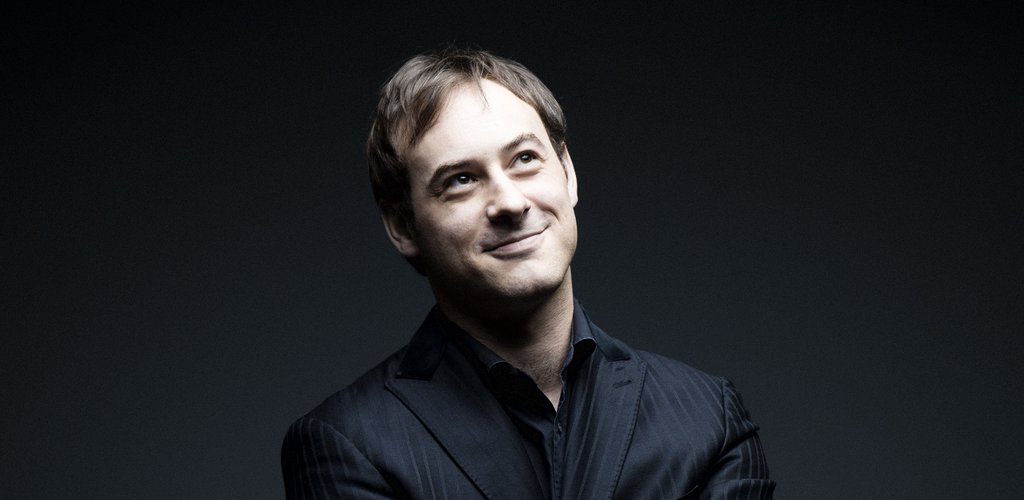It was not long time ago that you worked together with the Budapest Festival Orchestra in a beautiful baroque concert, and you are coming back soon. How do you feel about these frequent encounters with the orchestra and the Hungarian audience?
Jonathan Cohen: In February I shall be visiting again my friends with great pleasure at the wonderful Budapest Festival Orchestra for a program of weird and wonderful concerti grossi and Handel's famous Silete Venti (be silent winds!) with the very good Soprano Sophie Junker.
What is the most important thing one has to know about the concerto grosso?
J.C.: The concerto grosso is an important form in music, developed by the Italians and in particular Corelli, where there is a small group of soloists (the concertino) having an exchange of ideas with the big group (the ripieno). This style of contrasting the soloists with the orchestra and the contrasting slow and fast movements was an important feature of the baroque times, characteristic of baroque ideals of contrast and individuality, and many composers such as Vivaldi, Bach and Handel were inspired by the concerto grosso form.
In your concert you will play the Concerto grosso in G major by Wassenaer. Could you give us some clues to that piece?
J.C.: Wassanaer was a Dutch composer. I love these works as they are particularly quirky and witty, with very unique ideas and harmonic twists. In particular the slow movements are very lyrical and expressive. But we will also play Charles Avison, the English composer’s music, he also produced some very interesting concerti grossi based on Scarlatti's keyboard works, and I particularly admire this d minor concerto for its engine like and rhythmically compelling opening. The piece is exciting and delightful.
I presume, the most exciting music we will hear on that concert is Handel's Silete Venti. What is it exactly?
J.C.: It is very a dramatic (typically of Handel) and demanding piece to sing. The composition opens with a frantic overture which is brought to a sudden halt by the singer's declamation "silete venti!" Handel frequently places just as many demands upon his instrumentalists as his singers. The oboe here particularly has a busy and soloistic time! Capitalising on this aspect and being fortunate to have with us guest artist Katerina Spreckelson as baroque oboist for this concert, I thought it would be great to include the beautiful oboe concerto by Albinoni.
The singer of the Handel piece will be the Belgian soprano, Sophie Junker. You did work with her before.
I first performed with Sophie Junker last year the cantatas of Clerambault and Monteclair with my ensemble Arcangelo. She is an intelligent and expressive singer, very experienced in the baroque repertoire and I'm thrilled that Budapest Festival Orchestra is introducing Sophie to Hungarian audiences. I think that the creative flair and virtuosity of the Budapest Festival Orchestra, the varied and interesting program, and Sophie's beautiful singing will combine for a special experience in February!
More information and ticket sales for the concerts are available here.
